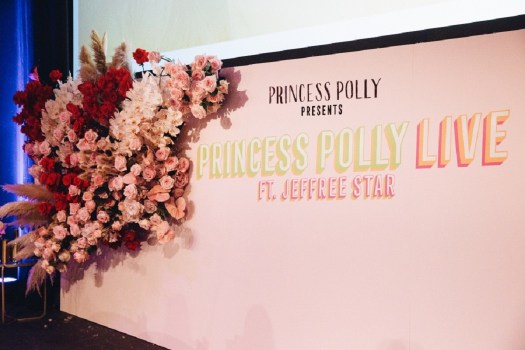
The Monday Group shares 5 ways to improve your recruitment process.
Now more than ever, it’s vitally important to attract the right people to join your team and help (re)build your business.
To help you fine tune your internal processes, here are five valuable tips from The Monday Group, a leading specialist recruitment agency for the events and hospitality industries.
1. Be clear on what the job entails
Usually, around four pages in length, a professionally written position description (PD) details the duties, responsibilities, requisite KPIs and other key details which support the employment contract. Spending a bit more time to get this right before you start recruiting will help your team clarify what soft and hard skills are essential or non-essential to the role.
However, due to most PD’s being quite formal documents, we recommend creating a shorter, less detailed job brief (JB), which can be used to “sell the sizzle” of the role, company and overall career opportunity.
The JB’s purpose is to outline the job, using dialogue that will help you attract the right type of candidate for your company, and give candidates a hint of what your company culture is like. The JB is usually less than one page in length and can be used as part of the job ad.
2. Candidate preparation
Job hunting and the entire interview process is a nerve-racking and stressful experience. Prepping your potential new employees as to what to expect throughout your unique hiring process, is not only a professional courtesy, it will ensure you get the best out of each candidate while shining a favourable light on your company culture.
Whether interviews are face-to-face or virtual, preparing candidates includes providing directions to tricky-to-find building entrances, login instructions for your preferred video conferencing tools, advising who they can expect to meet during the interview process, with names and positions, as well as giving an expected timeframe.
3. Consistent interview format
While you want to assess each candidate with consistency, trying to conduct identical interviews can be too much pressure and is not always realistic. It’s best to let the interview flow and have a list of five to 10 key questions that each candidate is asked and evaluated upon, covering relevant components of the job, such as leadership, financials and communication.
Taking this one step further, if you have more than one interviewer, have a game plan for who asks what questions.
4. Candidate follow up
Although it’s difficult being the bearer of bad news, following up promptly with every candidate demonstrates integrity, professionalism and gratitude which feeds directly into your employer brand.
A study from Indeed found 48 per cent of job applicants’ number one pain point was waiting to hear back from prospective employers. So, even if an applicant didn’t get the job, they will appreciate being notified and given any feedback which might help them next time.
5. Plan for week one, not just day one
Contrary to what most people believe, the recruitment and hiring process does not stop once the contract is signed. The early stages of employee engagement are crucial to you retaining and maximising the potential of your new employee, as well as reflecting positively on your employer brand and culture.
The Monday Group recommends employers prepare a detailed onboarding checklist or one to two week induction plan for all new staff members. Giving them enough time, resources, and knowledge to learn the ins and outs of their new role, meet and connect with their new colleagues, and feel like a valued part of the team, will pay dividends in the form of increased staff retention.
Need help to improve all or part of your recruitment process? The Monday Group is offering a special discount on professional resume and LinkedIn profile writing services for candidates affected by COVID-19. Find out more here.
More employment tips
5 ways to improve your LinkedIn profile
5 easy tips to improve your resume right now






